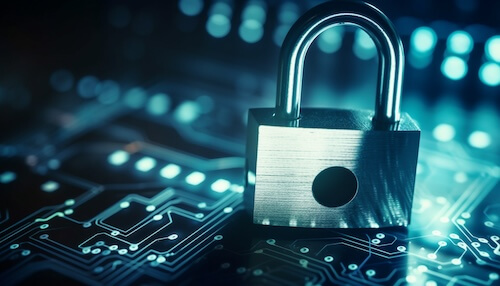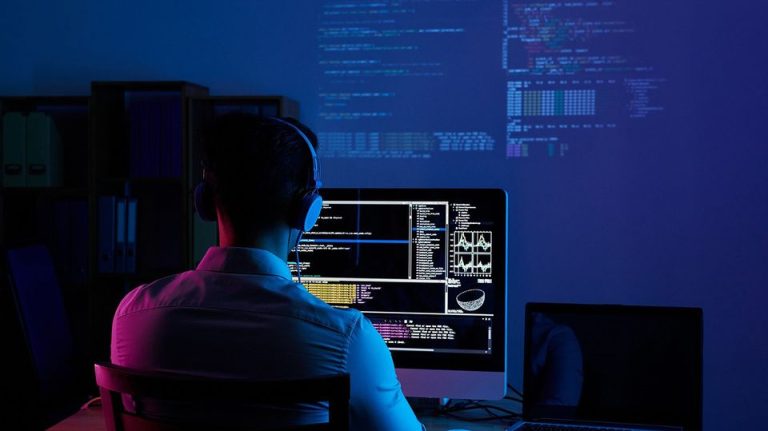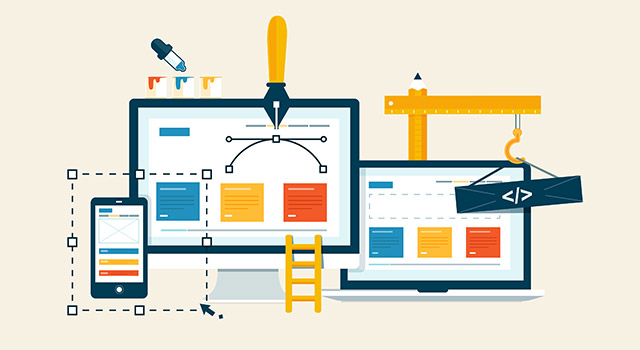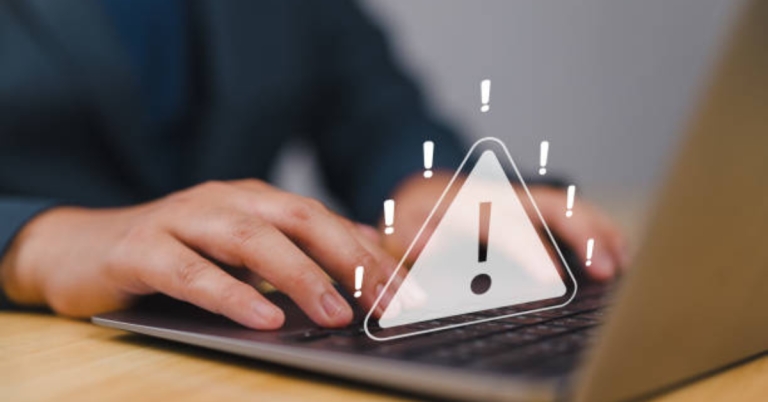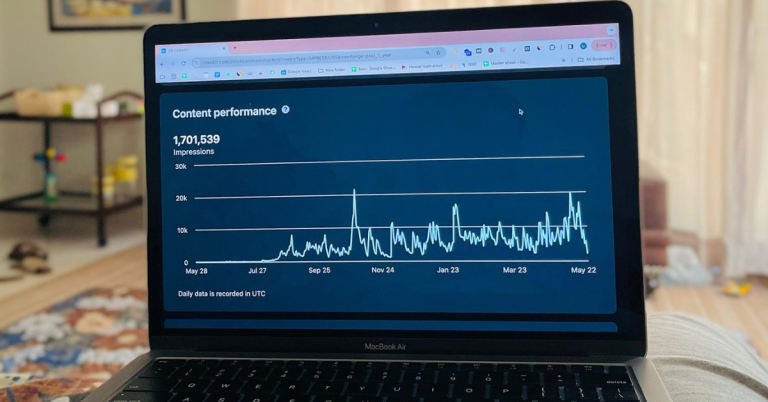Top Cybersecurity Tips for Remote Work
Introduction
With the surge in far-flung paintings because of international sports and technological upgrades, the need for sturdy cybersecurity practices has in no way been extra crucial. Working from the comfort of your private home has its perks, however, it moreover brings unique annoying conditions, especially when it comes to protective sensitive facts. In this digital age, in which cyber threats are increasingly ultra-modern, expertise and enforcing powerful cybersecurity measures is important to safeguarding your paintings and private records.
Understanding Cybersecurity for Remote Workers
Cybersecurity is the practice of shielding systems, networks, and applications from digital assaults. These attacks frequently motive to access, modify, or harm touchy information, extort cash from customers, or disrupt normal commercial business enterprise operations. For a long way flung people, cybersecurity is crucial due to the truth they regularly get proper entry to agency belongings over the internet, making them high goals for cybercriminals. Whether it’s far coping with monetary transactions, managing patron records, or speaking confidential commercial enterprise strategies, the ways off painting environment is ripe with possibilities for cyber-assaults if proper precautions are not taken.
Common Cybersecurity Threats in Remote Work
When working remotely, you are exposed to diverse cybersecurity threats that could compromise your work and private statistics. One of the maximum considerable threats is phishing scams, wherein attackers trick individuals into presenting touchy facts like passwords or credit score rating card numbers using posing as valid companies. Malware and ransomware assaults also are commonplace, in which malicious software infects your gadget, regularly locking you out till a ransom is paid. Additionally, using unsecured Wi-Fi networks, particularly public ones, can divulge your statistics to unauthorized admission by way of hackers lurking in the equal community.
Establishing a Secure Home Office
Creating steady surroundings in your property workplace is one of the first steps to making sure cybersecurity. Start by using sturdy, unique passwords for all your bills, and allow two-component authentication anywhere possible. This provides a further layer of security by requiring a second shape of verification beyond just your password. Regularly updating your software is another important step. Many updates include patches for security vulnerabilities that hackers could take gain of. Additionally, securing your Wi-Fi community through changing the default router settings, allowing WPA3 encryption, and hiding your network’s SSID can prevent unauthorized right of entry.
The Role of Virtual Private Networks (VPNs)
A Virtual Private Network (VPN) is a vital device for far-off employees who want to protect their online activities. A VPN encrypts your net connection, making it difficult for hackers to intercept the statistics you send and get hold of. This is particularly vital when having access to corporation sources from home or different far-flung locations. VPNs create a steady tunnel to your facts, making sure that although a person manages to intercept your connection, they might not be capable of deciphering the facts. For far-flung people, the use of a VPN is one of the simplest methods to preserve cybersecurity.
Best Practices for Email Security
Emails are the number one means of conversation for far-flung employees, however, they’re also a common vector for cyber-attacks. To beautify your cybersecurity, it is essential to understand phishing emails, which regularly look valid but are designed to thieve your records. Be careful of emails from unknown senders, and avoid clicking on suspicious hyperlinks or downloading attachments from untrusted assets. Encrypting touchy emails is another important practice, making sure that even if your email is intercepted, the contents continue to be unreadable to unauthorized individuals.
Securing Collaborative Tools
Remote work frequently includes the usage of cloud-based totally gear and structures for collaboration, which, at the same time as handy, can pose cybersecurity risks. Tools like video conferencing platforms and shared record drives are at risk of unauthorized entry if not nicely secured. Ensure that every collaborative gear you use is updated with modern protection patches. Use robust, unique passwords for each platform, and take into account the permissions granted to different customers. Securing this equipment is critical in preventing statistics breaches that might compromise touchy corporation facts.
The Importance of Regular Backups
Backing up your statistics is an essential issue of cybersecurity. Regular backups make sure that, in the event of a cyber assault, hardware failure, or unintentional deletion, you can quickly restore your data without substantial disruption to your paintings. It’s advocated to use a combination of cloud garage and bodily outside drives for backups. Automate the backup method wherein viable, and make certain that backups are stored securely and often tested for reliability.
Creating a Cybersecurity Policy for Remote Teams
For groups with faraway groups, establishing comprehensive cybersecurity coverage is crucial. This coverage must define the great practices for shielding touchy facts and the tactics to comply with in case of a security incident. Key factors consist of suggestions on password control, using VPNs, email safety, and the secure handling of enterprise data. Regular schooling and consciousness packages for personnel can also strengthen the importance of cybersecurity and keep them updated on the latest threats and prevention techniques.
Conclusion
In the end, cybersecurity is not just a concern for IT experts but for anybody running remotely. As faraway paintings turn into increasingly more commonplace, the need for heightened consciousness and the implementation of strong cybersecurity practices is greater important than ever. By informing the threats, securing your private home office, using equipment like VPNs, and following satisfactory practices for e-mail and collaboration tools, you could protect yourself and your company from capability cyber-assaults. Remember, cybersecurity is an ongoing procedure, and staying vigilant is the important thing to maintaining your digital environment stable.
Read more articles related to Technology at Geeksaround.
FAQs
How can I recognize a phishing scam?
Phishing scams frequently contain emails or messages that look like legitimate resources however ask you to offer sensitive statistics or click on malicious links. Look for ordinary greetings, spelling mistakes, and suspicious URLs.
Is the use of public Wi-Fi safe if I have a VPN?
While a VPN notably complements your safety on public Wi-Fi by way of encrypting your facts, it’s still beneficial to avoid accessing sensitive information on unsecured networks on every occasion feasible.
What should I do if I suspect a protection breach?
If you watched a protection breach, straight away disconnect from the internet, update your passwords, and run a full security test on your device. Inform your IT branch or security crew if you’re the use of painting gadgets.
How often must I replace my passwords?
It’s recommended to update your passwords every 60 to 90 days. Ensure that every password is strong and particular, and avoid reusing passwords throughout multiple accounts.
Are unfastened antivirus programs enough for far-flung work?
Free antivirus applications provide primary safety, however for complete cybersecurity, don’t forget to invest in a top-class antivirus solution that gives superior features along with actual-time safety, ransomware defense, and ordinary updates.

